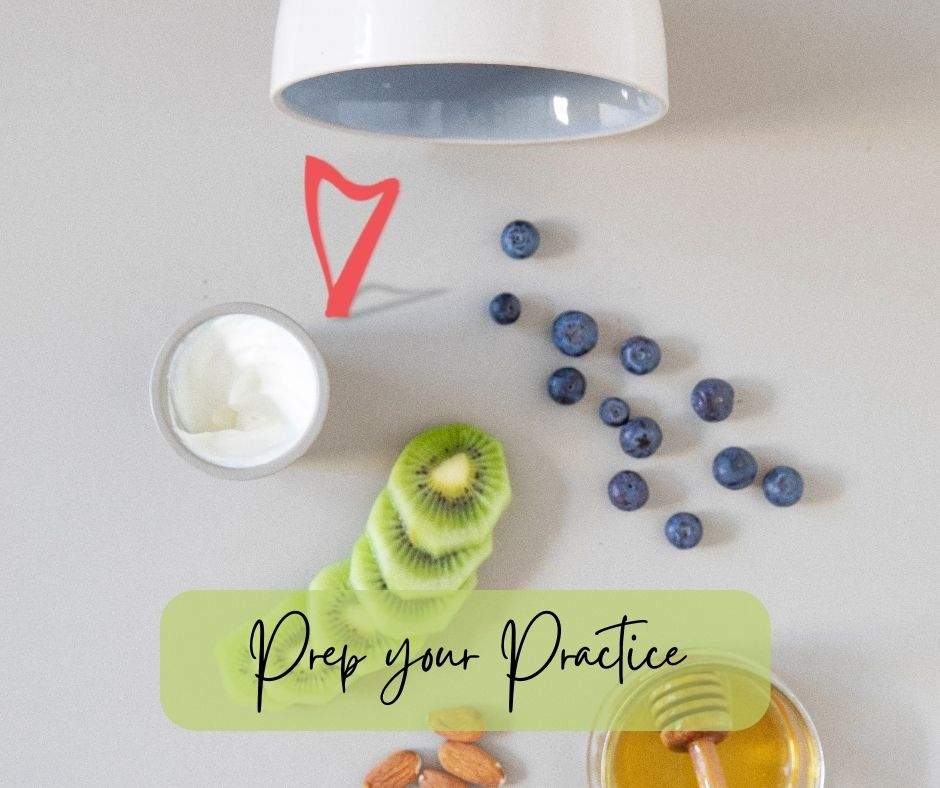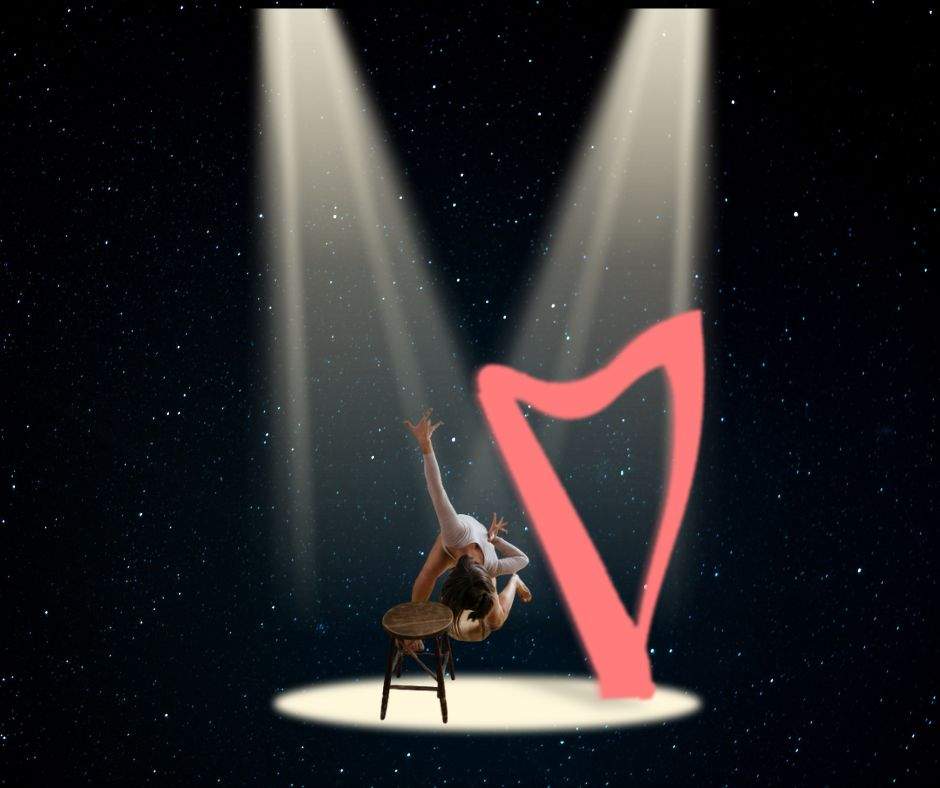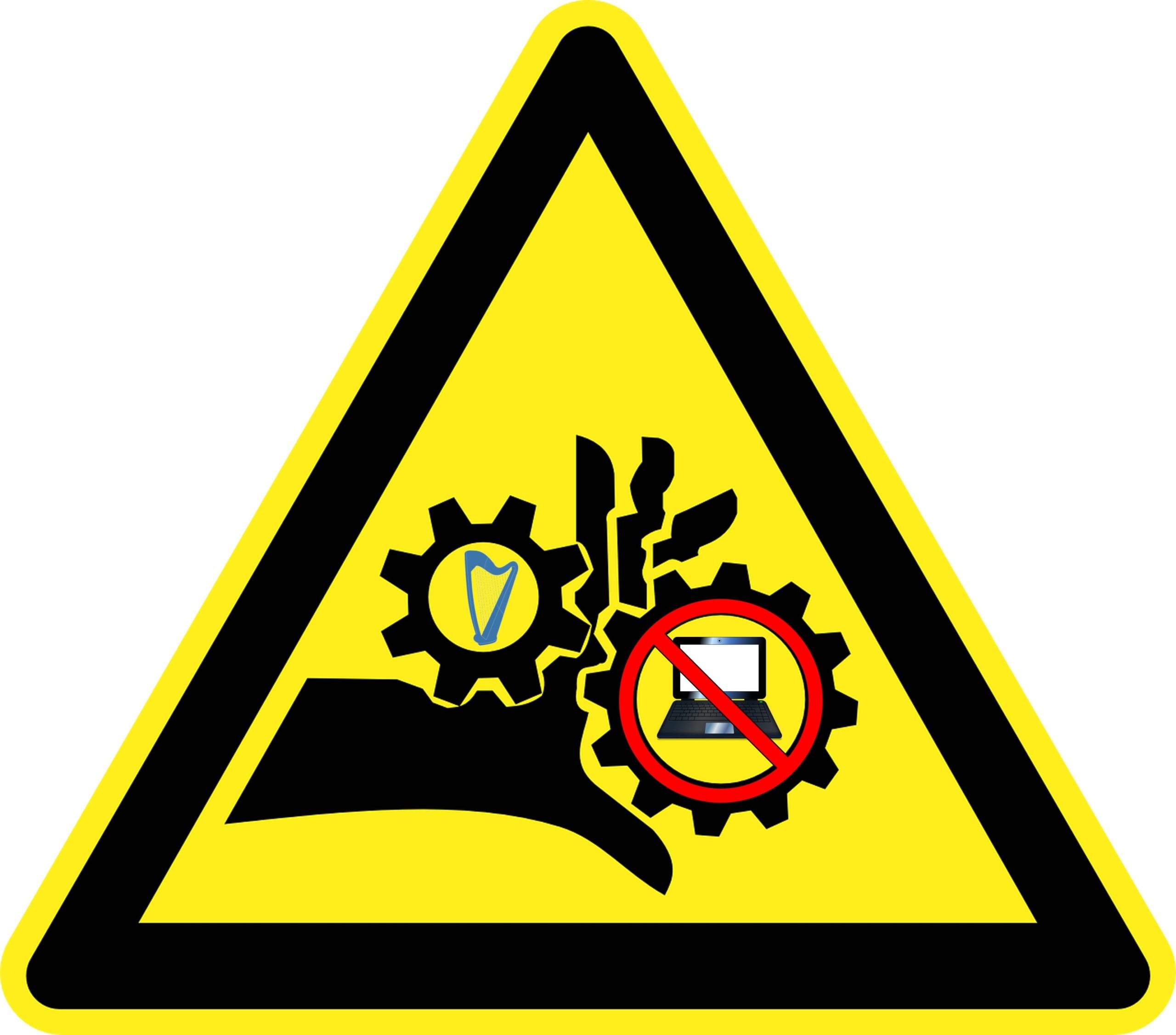Prepping your practice
If you’ve spent even a little time in the socials you have probably not been able to escape seeing loads about Meal Prepping.
If you haven’t, Meal Prep is an approach to helping you get dinner on the table so that mealtime is not a zoo. All the cool kids are doing it, apparently.
There’s no magic to meal prep. It’s a fairly easy process to follow. And it’s smart because it saves time, money, angst, and the “hangries”.

While seeing that stuff again, it got me thinking* – could we “prep” our practice so that practice time isn’t a zoo? Why not!
So, if we were going to Practice Prep, what would we need to do?
We need to understand that practice prep isn’t a “hack” (remember, we talked about that before!).
We need to understand that, no matter how many well-meaning people make cute memes on the socials telling us what to do, our practice prep needs to be our own and that every suggestion is just that, a suggestion. We can look at, evaluate (maybe even test drive) and decide to keep or toss each one as needed to fit ourselves.
We need to understand that it can be as simple or as complex as we need it to be. Meal prep can be simple (make extra to have leftovers later) or complex (make an entire week’s worth of breakfasts, lunches, and dinners). Likewise, our practice prep can be as simple or complex as we need (and it can vary from week to week).
So, like meal prep, Practice Prep is based on identifying some important things like – what do we want to get done over the week? What are the steps to get there? What is missing that we need to build to make progress?
How do we identify these things? There are a few places to start depending on where you are in your harp life.
The easiest way is to read your lesson notes to find what you have learned and what your teacher is expecting you to accomplish between lessons so that you can continue to progress. You may get very good direction on exactly what you should do. But frankly, that’s likely only if you are a child or have just started lessons (while your teacher helps you learn how to practice). You are told what do to and how “on track” is defined. That’s fairly easy (as long as you do it).
If you are more advanced or if you are self-directed, you have the same information available, you just have to dig a little to find it. What is your overall goal? What are the precise steps to get there? Have you further identified the substeps (iterated to the smallest steps) so that you can work on specific things to move you forward? (NB these will likely change frequently as the steps at the beginning of a tune will look different than the steps when you’re polishing). Have you noted those steps so that you can 1. remember them and 2. verify that you have completed them (successfully)? Have you defined your criteria for “good enough” or “done”? Have you marked your progress (good and not as good) so you know where to start next and what needs more focus?
Now you can organize your time. That includes doing any prep work needed (pencils sharpened? music ready? distractions put away?) so that you are ready to practice and make the most of it.
Finally, you need to be consistent – doing this one week will be helpful but won’t significantly move you forward un less you continue to build week on week. No matter how much we try to pretend otherwise, the tortoise always wins the race!
less you continue to build week on week. No matter how much we try to pretend otherwise, the tortoise always wins the race!
What do you think? Is my meal prep analagy too much of a stretch? Or am I on the money here? Let me know in the comments!
* you caught me surfing rather than practicing!






